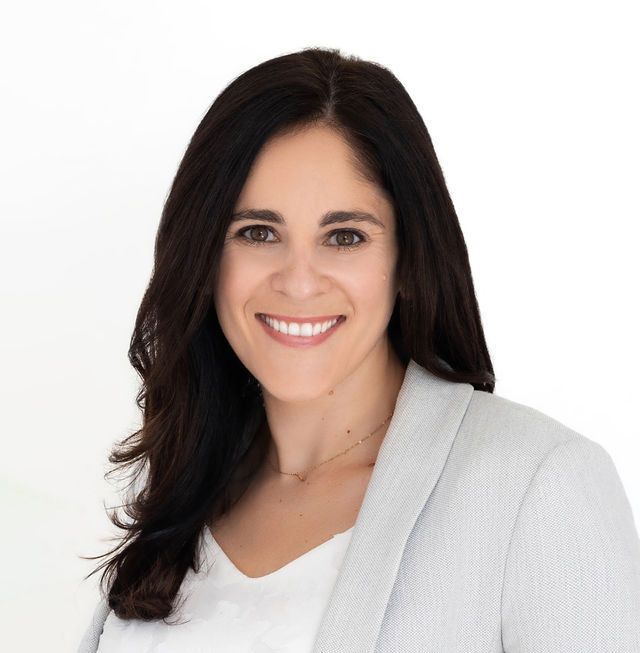Chronic disease is on the rise, worldwide. According to the World Health Organization, the proportion of the burden of chronic conditions is expected to increase to 57 percent in 2020, compared to 46 percent in 2001.
Dementia is a chronic disease. It is the umbrella under which a series of other diseases like Alzheimer’s, vascular dementia, Lewy body, frontotemporal dementia and mixed dementia live.
While there is no erasing the pain that comes with watching someone you hold dear struggle with a debilitating illness—understanding the dynamics of chronic disease can help.
Living with a Chronic Disease is Lonely
Chronic disease separates one from all the “normal” people. In the case of dementia, the feeling of being different can be particularly isolating. Almost all chronic diseases come with this dynamic. The uninformed might unintentionally make assumptions that “it can’t be that bad,” “you don’t look sick” or “just be positive.”
While most people are well-meaning, not many know what it is like to live with a chronic illness and the inevitable feeling that results from this is isolation and a degree of loneliness.
Dementia and Alzheimer’s is a Family Disease
My mother had Lewy body dementia, a form that presents features similar to Parkinson’s disease such as tremors and stiffness. It comes with sleeping disorders, visual hallucinations and paranoia. Comedian Robin Williams killed himself while struggling with Lewy body; nationally syndicated DJ Casey Kasem, the longtime host of the radio show “American Top 40” died because of it.
Mom’s diagnosis triggered a range of emotions for everyone in the family—including anger, denial, fear, frustration and sadness. And, while we were all learning to live with the new normal, we were also confronted with the many decisions to make about treatment, care, living arrangements, finances and end-of-life care.
The confluence of those events made family conflicts nearly inevitable. Like all families, we have a history of relationships and roles that affected how we each reacted to the diagnosis and how we each perceived our roles in providing care and support.
Chronic Disease Has a Stigma
Even though 1 in 3 adults worldwide suffer from chronic disease there’s still a stigma around chronic illnesses. Research has shown that people living with chronic diseases experience “anticipated stigma,” a belief that they will face discrimination and stereotyping in the future.
Put simply, this means that the dread of discrimination can account for a very significant amount of suffering in those with chronic ailments.
Alzheimer’s, in particular, comes with its own stigma—that of being “crazy,” losing your mind, being unbalanced, etc. As Mom’s disease progressed, I watched people ostracize her. She told me, “People don’t want to eat with me anymore.”
There is Hope
Coming to terms with the fact that the disease is incurable had a tremendous emotional impact on my mom, and all of us. But, as the Milken Institute, an economic think tank, notes, “With no cure in sight we must double down on efforts to reduce risk, maintain cognitive function and preserve brain health.”
That’s why I chose to bring 10-year old, Canadian-based Fit Minds’ cognitive stimulation program to the United States in 2017. My mom was one of Fit Mind’s first U.S. clients to receive one-on-one cognitive stimulation. The neurology practice that treated my mom now regularly refers clients and nearly 50 senior living communities in the U.S., for the first time, offer Fit Minds’ cognitive stimulation programming.
There Can Still Be Happy Times
My mom was happy nearly all the time.
She had dinner with my family every Sunday. Always concerned that I was working too hard, she would insist on helping me set the table or wash clothes. As these chores became increasingly hard for her, my children learned to “follow and fix” what she had done incorrectly, preserving her dignity. She laughed with us, sang with us, sometimes danced with us and always felt joy with us.
Grace Is a Powerful Tool
One of the hardest and most beautiful lessons I learned from my mom’s experience was that grace is transcendent. It is a powerful tool and even on the toughest of days, grace can ease the pain.
Her last months were filled with ceaseless doctor appointments, emergency room visits and hospitalizations. Her disease taught me to pray for things I had never prayed for. My prayers changed as the disease progressed. I prayed for her to have a good quality of life, to never forget who her family was and ultimately, to pass peacefully. I also found myself praying that I would have the patience and courage she needed from me.
Dementia changed our relationship. It did not end it. ♦
Janet Knupp is president and CEO of Fit Minds. She works to provide customized cognitive coaching to improve quality of life, enable meaningful relationships with family and friends and build cognitive resilience for seniors going through similar memory loss diseases. As a business executive, venture philanthropist and thought leader in education, Knupp has spent the majority of her career leading companies and organizations with the goal to improve performance outcomes for school districts, teachers and students. Contact her at 813.282.8282 or fitminds.net.










